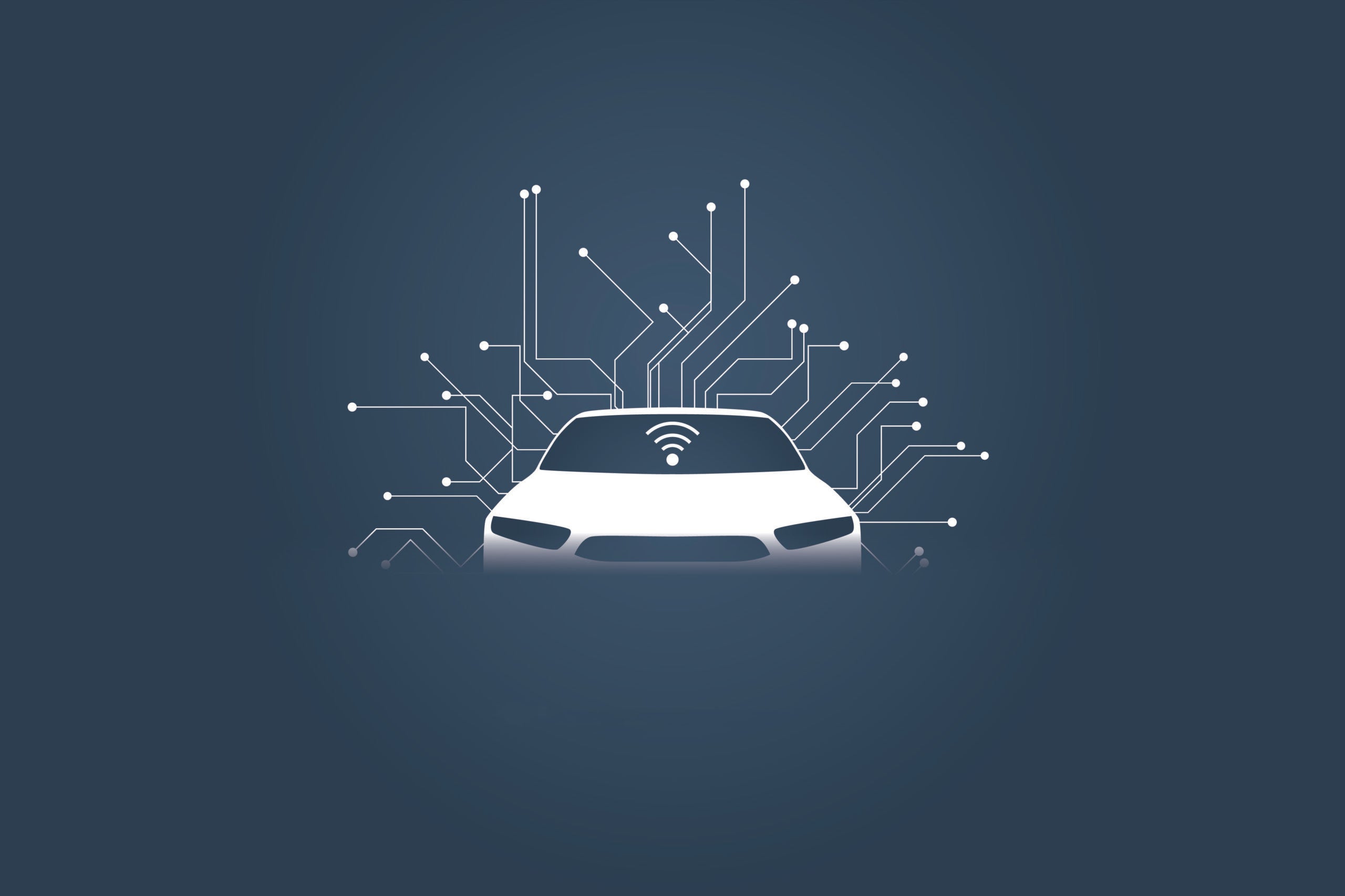
A third of connected car owners fear their vehicles will be hacked, according to new research from HSB. The cyber insurer’s research comes as the majority of automakers produce smart vehicles, which is a reason why the current chip shortage has hit them particularly hard. In response to this growing sector, lawmakers around the world are putting pedal to metal to make connected cars safer.
HSB is part of Munich Re and specialises in internet of things (IoT) technology services. It has surveyed over 1,500 US adults about their attitudes towards cybersecurity. Of the people polled, 37% were somewhat or very concerned about the cybersecurity and safety of connected and automated vehicles. Moreover, 35% feared that a virus or hacking incident could damage or destroy their connected car data, software or operating systems.

Access deeper industry intelligence
Experience unmatched clarity with a single platform that combines unique data, AI, and human expertise.
About half of the 55% of consumers who sync smartphones or other devices are unaware of what personal information is stored in their vehicle’s entertainment system.
“Our cars are more connected than ever,” said Timothy Zeilman, vice president for HSB. “It’s hard for consumers to keep up with rapidly evolving vehicle technology and they wonder if their privacy and personal information is protected.”
The news about owners fearing connected car hacking comes as lawmakers around the world are pushing to make connected cars safer in terms of cybersecurity and road safety.
In 2019, the US Senate and House of Representatives introduced the Internet of Things Cybersecurity Improvement Act in an attempt to beef up the security around IoT devices such as smart vehicles. The bill was created to encourage the development of security standards for connected devices, as explained in a recent GlobalData research report.

US Tariffs are shifting - will you react or anticipate?
Don’t let policy changes catch you off guard. Stay proactive with real-time data and expert analysis.
By GlobalDataThe US Department of Transportation also outlined its Automated Vehicles Comprehensive Plan in January to prepare for the introduction of self-driving vehicles.
In Europe, the European Commission published a new policy in March on how it will support the deployment of connected and autonomous cars in the future. The governmental body noted that the rollout of the technology could increase road safety.
The policy included commitments to collaborate with market stakeholders to create policies and roadmaps, develop European-level standards and to introduce new legislation. The commission will also fund research and innovation projects to this end.
Automakers around the globe are currently suffering from a massive semiconductor shortage. The shortage has been caused by Covid-19, severe weather, factory fires and soaring demand for silicon across both car production and other sectors. As a consequence, many car manufacturers have been forced to put the breaks on their production.







